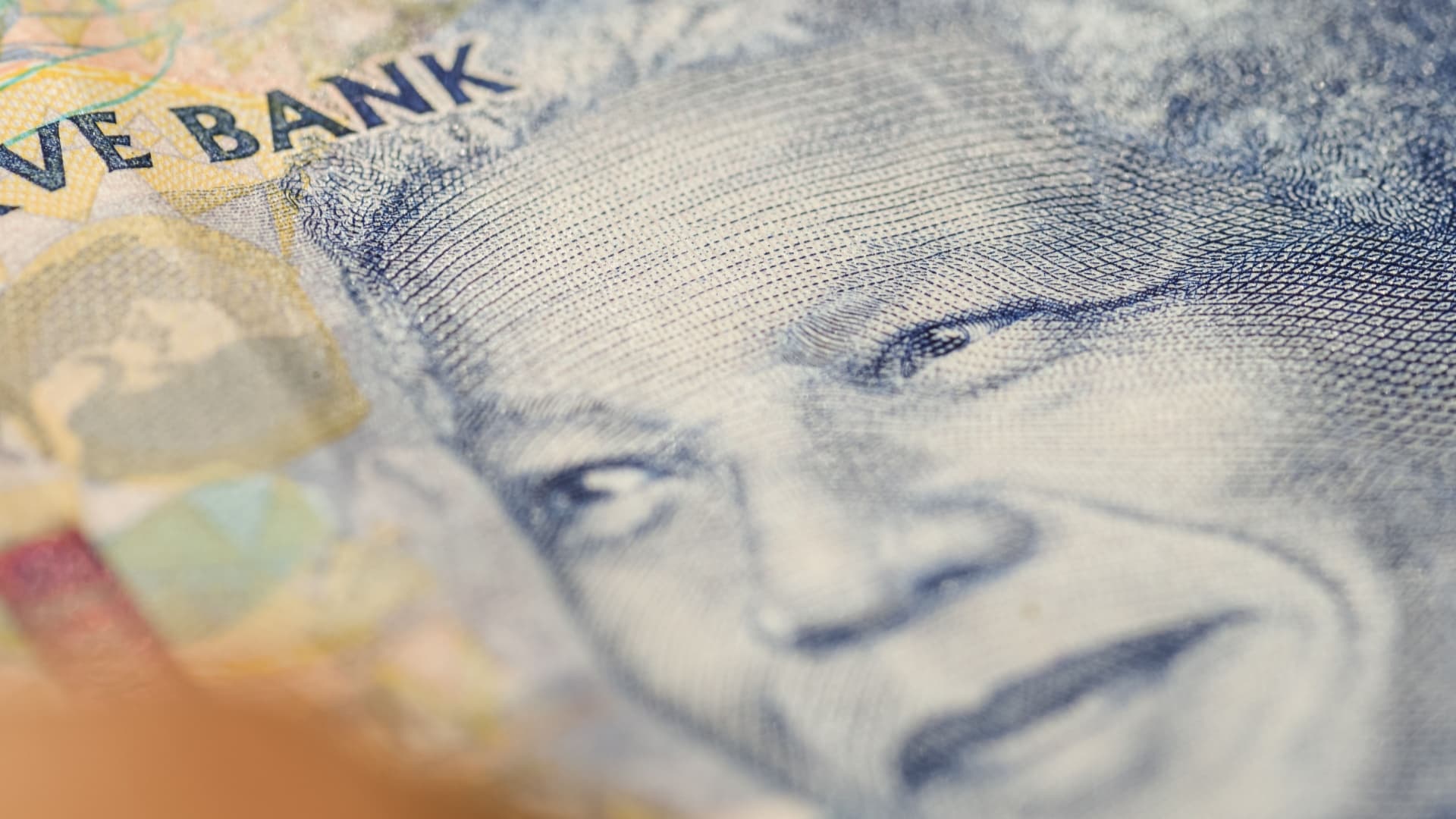
Posted on: 7th February 2016 in Finance
South Africans are feeling the financial pain after the Reserve Bank decided recently to hike the interest rates by 50 basis points from 6.25% previously, up to 6.75%. This is the first interest rate hike this year in a series of multiple rate hikes that will follow and push the benchmark rate to 11% by the end of the year, according to expert analysts. This was a widely expected decision by the markets, which looking forward is going to have an overwhelming shock on consumers, as it means that repayments for cars, home loans, bank loans and other debts are set to go up, leaving people with less money in their pockets. A rate hike means that the borrowing cost will go higher as well. The main job of the Reserve Bank is to keep the inflation rate below 6%, however, its mandate has needed to be extended to promote economic growth as well, but after the Fed has started normalising interest rates later in 2015, the South African Reserve Bank has now been forced to be more aggressive in order to mitigate the potential negative impact of higher US rates. Because of the weakness of the economy and the fact that inflation doesn’t appear to be out of control, the rate hike can exacerbate South Africa’s financial problems. Businesses and consumers are likely to feel even more financial pain soon and also new spending and investments are going to be held back, which inevitably will lead to lower levels of spending resulting in retail sales becoming seriously under threat. This will make it possible for an even further downgrade to the outlook of growth in the overall economy.We have 18 offices across the globe and we manage over $2billion for our 20,000+ clients
Get started
In an ever-changing global economy, protecting and growing your wealth is more important than ever. For South African investors, offshore investments offer a powerful way to diversify, hedge against risks,...
Read more
Is today the first time you’ve ever considered getting professional financial advice? If you aren’t currently working with a financial adviser in South Africa, you might be wondering what you...
Read more
Running a business as an expat entrepreneur is a rewarding yet challenging endeavour. You might be navigating cultural differences, unfamiliar legal frameworks, and even language barriers—all while trying to grow...
Read more
If you’re a South African expatriate or planning to work overseas, navigating the world of taxes can feel overwhelming. South Africa’s tax laws are unique, and understanding your obligations is...
Read more